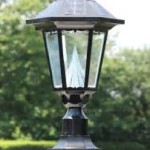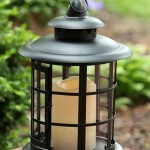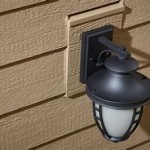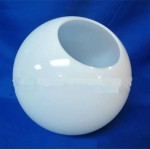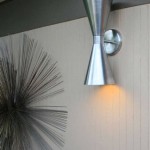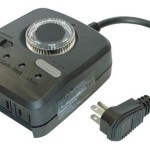What Can I Use For An Outdoor Projector Screen?
Outdoor movie nights and presentations have become increasingly popular, and a key component of a successful outdoor projection setup is a reliable screen. Whether you're using a projector for entertainment or professional purposes, choosing the right screen is crucial to enhance your viewing experience. Here are some essential aspects to consider when selecting an outdoor projector screen:
Material
The material of the screen plays a vital role in determining its performance. There are several types of materials available, each with its own advantages and disadvantages. Vinyl, for example, is durable and weather-resistant, making it suitable for long-term outdoor use. Polyester, on the other hand, offers excellent image quality and is less prone to wrinkles, but it may not be as durable as vinyl. Other materials include spandex, which is highly stretchy and can conform to curved surfaces, and mesh, which allows for airflow and can be used in windy conditions.
Size
The size of the screen is another crucial factor to consider. It should be large enough to provide a clear and immersive viewing experience, but not so large that it becomes unwieldy or difficult to transport. The ideal size will depend on the projector's brightness and the distance between the projector and the screen. It's important to note that the larger the screen, the brighter the projector must be to maintain good image quality.
Brightness
The brightness of the projector is directly related to the screen's size and material. A brighter projector will be able to project a brighter image on a larger screen. However, a brighter projector may also be more expensive and require more power. When choosing a screen material, consider its brightness gain, which indicates how well it reflects light. A higher brightness gain will result in a brighter image.
Viewer Comfort
When selecting an outdoor projector screen, it's important to consider the comfort of the viewers. The screen's reflectivity and the angle of the viewers will affect how well they can see the image. A high-gain screen will reflect more light, making it easier to see in bright conditions. However, it may also create glare, which can be uncomfortable for viewers. The angle of the viewers should also be taken into account to avoid neck strain or eye fatigue.
Wind Resistance
Outdoor projector screens can be exposed to wind, which can cause them to flutter or even collapse. If you plan on using your screen in windy conditions, it's important to choose a wind-resistant model. Some screens have built-in wind resistance features, such as weighted edges or reinforced frames. Others may require additional supports, such as stakes or guy wires.
Portability
If you plan on transporting your outdoor projector screen frequently, portability is an important factor to consider. Look for screens that are lightweight and easy to fold or dismantle. Some screens come with carrying cases or bags for convenient transportation.
Conclusion
Choosing the right outdoor projector screen is essential to enhance your viewing experience and ensure a successful projection setup. By considering the material, size, brightness, viewer comfort, wind resistance, and portability, you can select a screen that meets your specific needs and provides optimal performance for outdoor presentations or movie nights.

How To Make A Diy Outdoor Screen One Handy Momma

Genius The Backyard Theater You Can Build In A Day Bob Vila

What To Know Before Outdoor Projectors Screens Projectorscreen Com

What To Know Before Outdoor Projectors Screens Projectorscreen Com

7 Diy Outdoor Screens How To Make A Homemade Screen

2024 Outdoor Portable Projector Buyer S Guide Screens Reviews

How To Make An Easy Outdoor Screen

Outdoor Projection How To Create An Cinema Personal Projector

Pop Up Projector Screen Makes For A Cool Outdoor Experience

What To Know Before Outdoor Projectors Screens Projectorscreen Com
